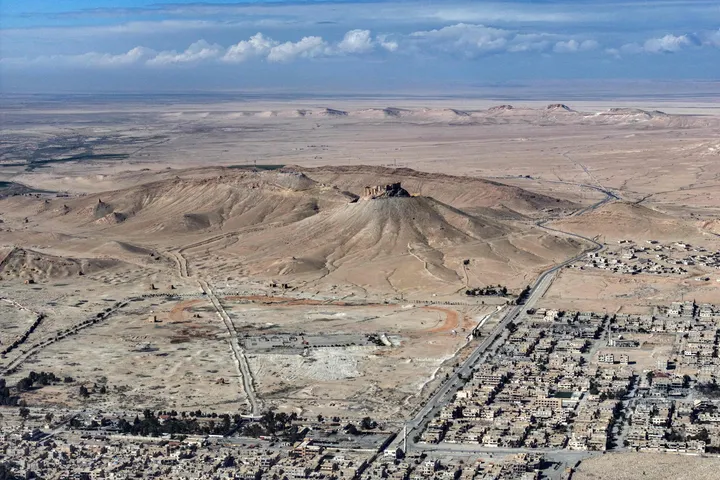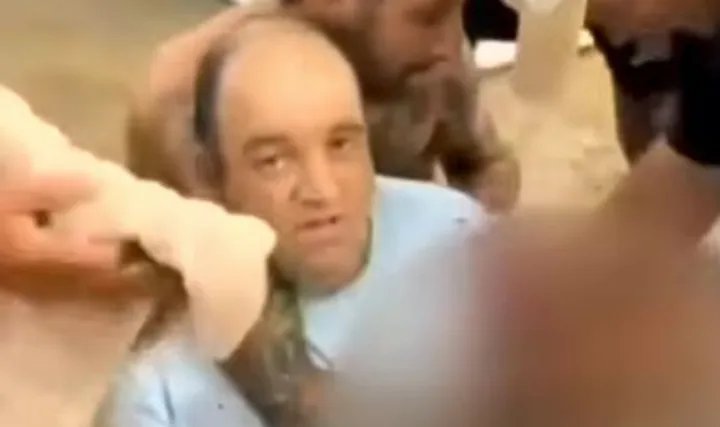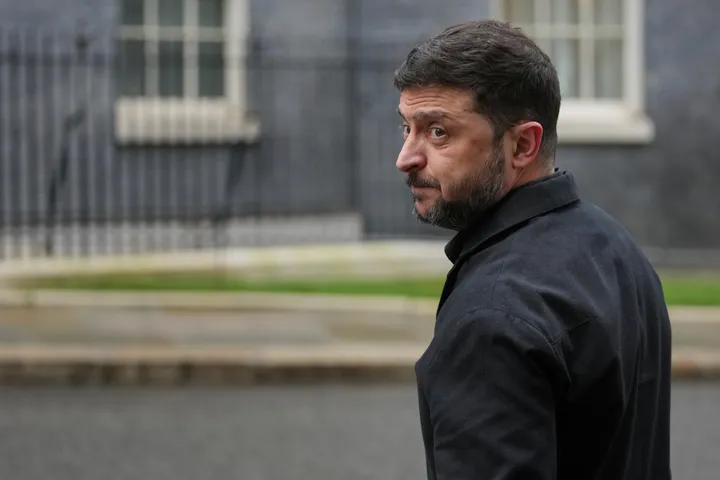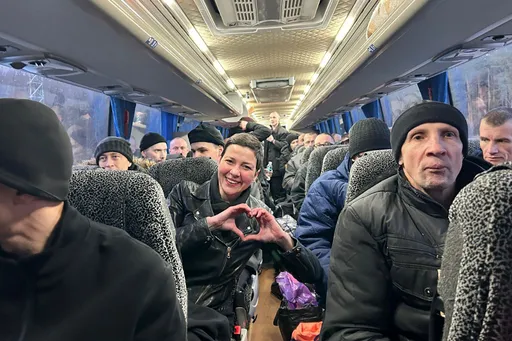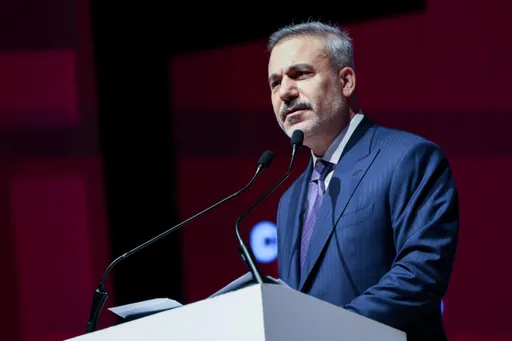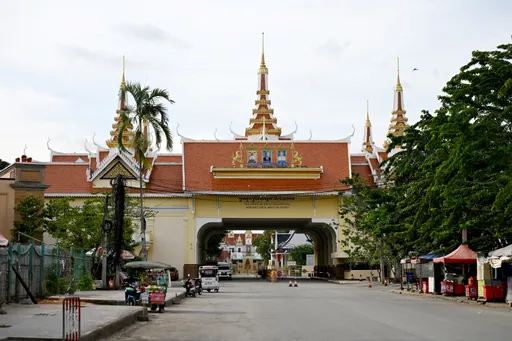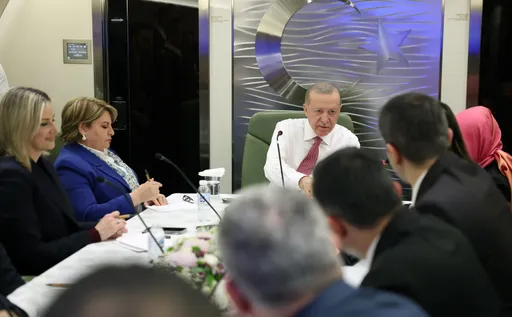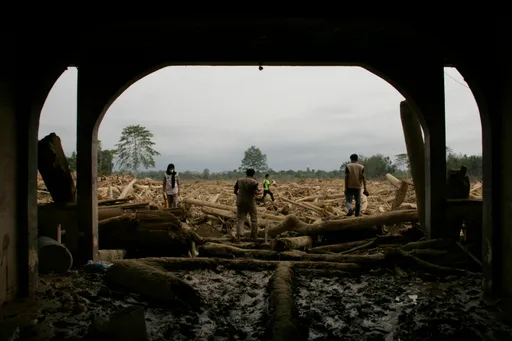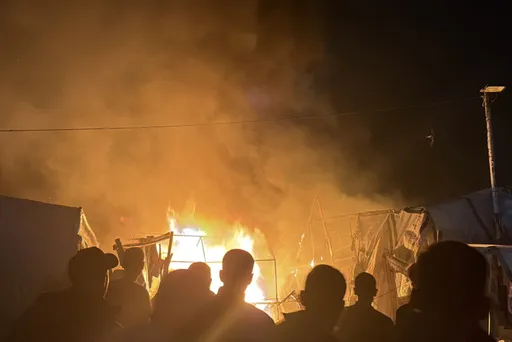When a string of powerful bomb blasts tore through churches and luxury hotels across Sri Lanka on Easter Sunday, killing at least 326 people, the island was in shock and confusion. Over the next few days, this gave way to anger and indignation - not just at the terror group responsible but at the government.
Indian intelligence as early as April 4 had notified Sri Lankan authorities that the National Thowheeth Jamaat (NTJ) was planning attacks on churches and the Indian High Commission. A memo sent out to police officials, dated April 11, released in the wake of the attack suggested that police had been warned about a possible suicide attack on churches by the little-known domestic NTJ.
The memo detailed who the suspects were along with some of their movements, where they were in hiding and instructed “all personnel to pay strict heed to this report”.
It was not immediately clear what action, if any, was taken in response to the tip-off.
But Prime Minister Ranil Wickremesinghe had not been told of the report that said a foreign intelligence agency had warned of attacks on churches by NTJ, Sri Lanka’s Health Minister Rajith Senaratne told reporters.
Sri Lanka’s President Maithripala Sirisena said he was not aware of the report and added that he expects to change the heads of the defence forces in the next 24 hours. Sirisena has set up a committee to oversee how the attacks were carried out and when the information was initially disseminated.
The top security organisation, the Security Council, reports to Sirisena, while the prime minister was no longer invited to council meetings because of the rift, Senaratne said.
On Monday, Sri Lanka's health minister held up a copy of the intelligence report while describing its contents, spurring questions about what Sri Lanka’s police had done to protect the public from an attack.
Sri Lanka’s Deputy Minister of Defence Ruwan Wijewardene also blamed "weakness" within Sri Lanka's security apparatus for failing to prevent the nine bombings.
"By now it has been established that the intelligence units were aware of this attack and a group of responsible people were informed about the impending attack," Wijewardene said. "However, this information has been circulated among only a few officials."
The lack of communication between President Sirisena and Prime Minister Wickremesinghe brought into scrutiny the rift between the two offices - one that sparked a crisis last year.
At Sri Lanka’s first parliamentary session since the attacks on Tuesday, anger peaked. While relatives buried their loved ones in a mass funeral, parliament descended into a blame game that some said was an attempt to score political points.
The attacks have left a mark on a country that emerged from a 26-year-long bloody civil war in 2009, throwing into light the adequacy of security organisations in combatting a new type of home-grown terrorism which appears to have links to international networks. It also brings into question whether the government has been doing enough to assuage the fears of Muslims who have been on the receiving end of violence from hardline Buddhist nationalist groups.
National Thowheeth Jamaat’s leader, alternately known as Mohammed Zahran or Zahran Hashmi, became known to Muslim leaders three years ago for his incendiary speeches online.
Zahran's name was on one intelligence warning shared among Sri Lankan security forces, who apparently even quietly took their growing concerns to international experts as well.
Anne Speckhard, the director of the International Center for the Study of Violent Extremism, said a Sri Lankan intelligence official approached her at a conference in February with a surprising question. She was worried about what she described as a violent, homegrown radical group that "would just disappear" when the government tried to crack down on them.
"The intel person kind of came up to me and said, 'You know, we're kind of worried about this new group and there's some activity going. What do you think?'" Speckhard told the Associated Press on Tuesday. "It just kind of blows my mind that's who it was."
Security in Sri Lanka has now stepped up. Near the international airport outside the capital, security personnel walked explosive-sniffing dogs and checked car trunks and questioned drivers on roads nearby. Police also ordered that anyone leaving a parked car unattended on the street must put a note with their phone number on the windscreen, and post offices were not accepting pre-wrapped parcels.

